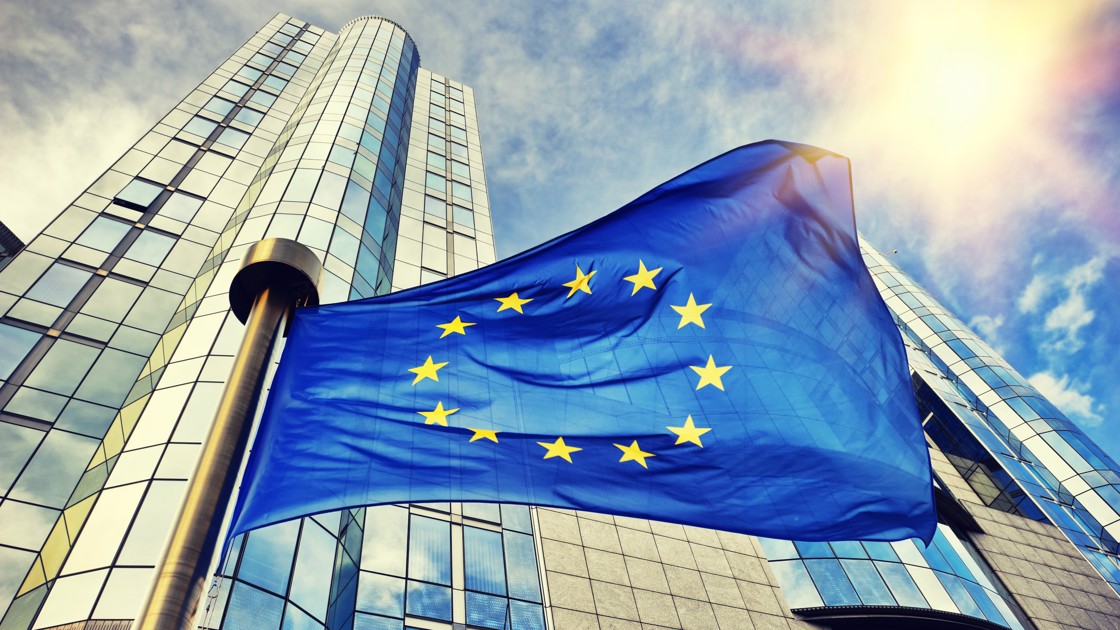On 21 July 2020, the European Council reached agreement on an unprecedented recovery package to overcome the crisis triggered by the COVID-19 Pandemic.
As trade unions, we need to ensure that the € 1.8 trillion package will be spent on a fair recovery of the economy based on good quality jobs in a sustainable and smart European industry. Our policy brief therefore provides industriAll Europe’s affiliates with all the necessary information about the recovery package and the points that our members should raise with national policymakers and Members of the European Parliament to make sure that the recovery benefits workers.
There are two main avenues of influence and time to act is now!
Firstly, to access the funds of the package that are directly available to Member States in the form of grants and loans, Member States must prepare national recovery and resilience plans that set out their reform and investment agenda for 2021-23. Affiliates should request to be involved in the design, monitoring and implementation of these plans. The plans need to be submitted to the European Commission by 15/10/2020 for a first analysis and by 30/04/2020 in their final version.
Secondly, the EU’s 7-year budget (multiannual financial framework) and the COVID-19 recovery package (Next Generation EU) still need to be agreed by the European Parliament. Affiliates should therefore approach their Members of the European Parliament and highlight changes to be made in the way the funds are spent.
Our priorities and points of concern
Whilst industriAll Europe strongly welcomes the EU recovery strategy and urges all EU institution and national governments to support the recovery plan, we have identified the following concerns:
The EU recovery strategy must tackle the social consequences of the pandemic and ensure a fair recovery of the European labour market. This requires the prolongation of job retention schemes for a long as necessary, supporting workers in hardship and workers affected by restructuring. Solutions to bridge the gap until EU funds will flow must also be found.
The EU recovery strategy must give a boost to EU industry. Governments should prioritise projects that strengthen European industrial value chains, making the EU more self-reliant, especially in strategic sectors. Additional funding is needed for strategic research and innovation programmes (e.g. Horizon). The Just Transition Fund must be increased to match increased EU climate ambitions and ensure that transition takes place in a socially responsible way.
The social partners need to be actively involved in the design, monitoring and implementation of the recovery plans. Their concerns and priorities must be the bedrock of the recovery plans and drive investment where the needs and gaps exist.
More details can be found in our policy brief as well as in the guidance and template for Member States on the national recovery and resilience plans published by the European Commission.
Contact: Andrea Husen-Bradley, press and communication
